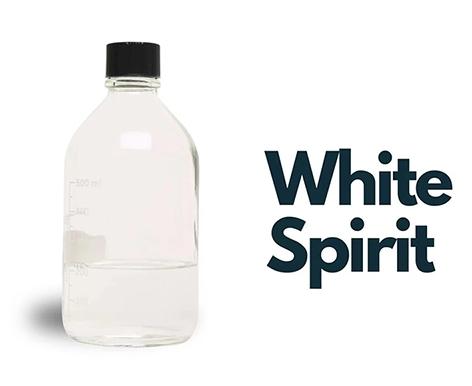White spirit, also known as mineral spirits or petroleum spirits, is a widely used solvent in various industrial applications. But how does it compare to other common industrial solvents? Let's dive into the key differences and advantages of white spirit.
White Spirit: A Versatile Solvent
White spirit is a petroleum-derived solvent that is renowned for its versatility and effectiveness. It's a popular choice due to its:
Solvency: White spirit is an excellent solvent for a wide range of substances, including oils, greases, waxes, and resins.
Evaporation Rate: It has a moderate evaporation rate, making it suitable for many applications where quick drying is not essential.
Low Toxicity: Compared to some other solvents, white spirit has relatively low toxicity. However, it's still important to handle it with care and avoid prolonged exposure.
Cost-Effectiveness: White spirit is generally more affordable than many other solvents, making it a cost-effective option for industrial use.
Comparing White Spirit to Other Solvents
Let's compare white spirit to some other common industrial solvents:
Turpentine: Both white spirit and turpentine are derived from petroleum, but turpentine has a stronger odor and is often used in more specialized applications like paint thinning and cleaning brushes.
Acetone: Acetone is a highly volatile solvent that is used primarily in the chemical industry for cleaning and degreasing. It has a strong odor and is more flammable than white spirit.
Toluene: Toluene is a highly toxic solvent that is used in a variety of industries, including paint manufacturing and chemical production. It has a strong odor and is more flammable than white spirit.
Mineral Oil: Mineral oil is a non-volatile solvent that is used primarily as a lubricant and preservative. It is not as effective as white spirit for cleaning and degreasing.
Advantages of White Spirit
Versatility: White spirit can be used in a wide range of applications, from cleaning and degreasing to paint thinning and dilution.
Cost-Effectiveness: It is generally more affordable than many other solvents.
Moderate Toxicity: While not completely harmless, white spirit has a relatively low toxicity compared to some other solvents.
Availability: It is widely available and easy to obtain.
In conclusion, white spirit is a versatile and effective solvent that has a wide range of applications in various industries. Its moderate toxicity, cost-effectiveness, and availability make it a popular choice among manufacturers and consumers alike.



